
Academia - GPT - Tailored Academic Support
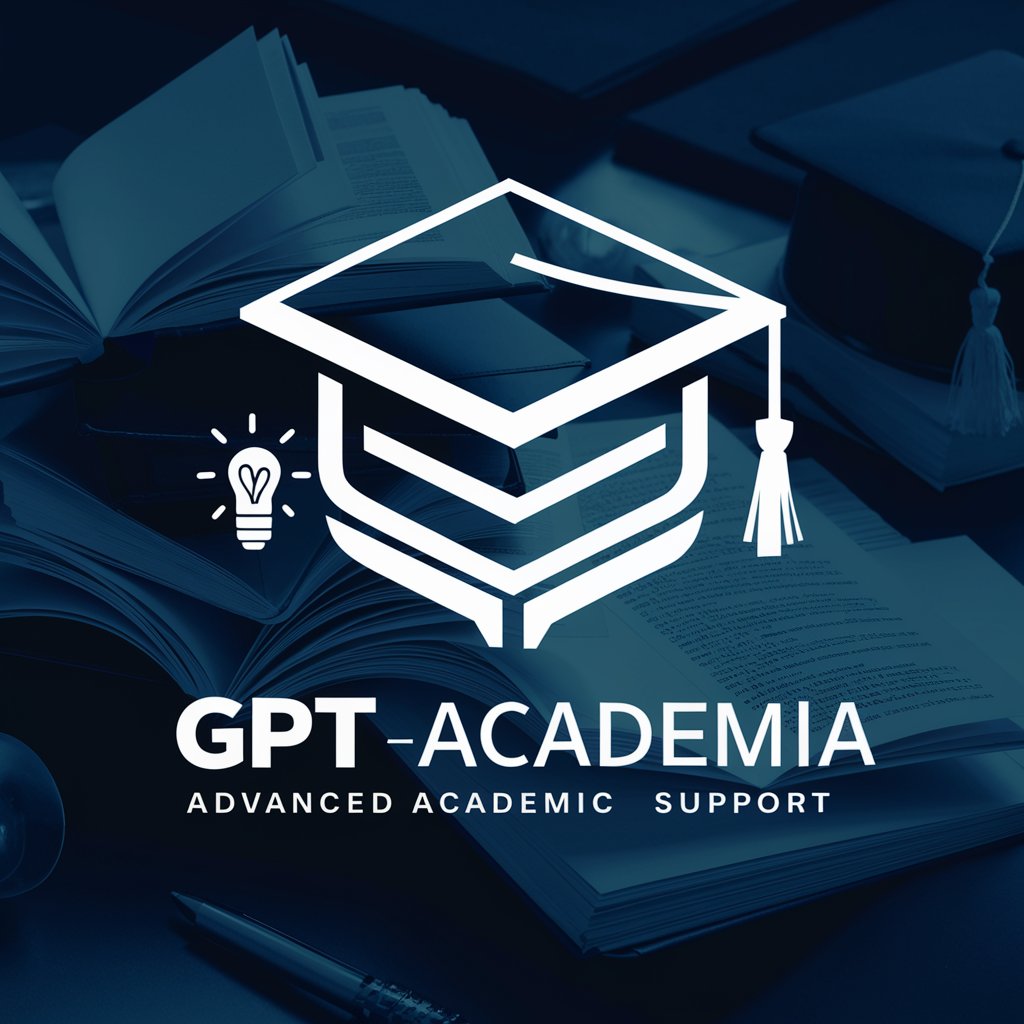
Welcome to GPT-Academia, your guide to academic excellence!
Empowering Your Academic Journey with AI
Explain the impact of...
Discuss the methodology used in...
Analyze the main arguments presented in...
Compare and contrast the theories of...
Get Embed Code
Overview of Academia - GPT
Academia - GPT is a specialized AI designed to serve as a comprehensive academic ally across various levels of higher education. Its core purpose is to facilitate scholarly endeavors by offering nuanced academic support, guidance, and resources tailored to the unique needs of each student, whether they're an undergraduate, a master's student, or a doctoral researcher. For instance, an undergraduate struggling with the basics of sociology might receive a detailed breakdown of key theories and thinkers, along with recommendations for introductory texts such as 'Introduction to Sociology' by Giddens and Sutton. Conversely, a doctoral candidate in philosophy could receive in-depth advice on navigating contemporary discussions on metaphysical realism, including how to structure their dissertation and engage with relevant academic debates. Powered by ChatGPT-4o。

Core Functions of Academia - GPT
Tiered Academic Profiling
Example
For an undergraduate student in psychology, Academia - GPT might assess their understanding of foundational concepts like cognitive behavioral theory and suggest seminal readings. For a master's student in robotics, it could delve into their specific interest in AI or mechanical design, recommending 'Probabilistic Robotics' by Thrun, Burgard, and Fox.
Scenario
A sociology undergrad is unsure about which sociological theories are crucial for their exams. Academia - GPT provides a customized list of theories and theorists to focus on, based on the course's outline.
Specialized Resource Aggregation
Example
For a doctoral candidate in literature focusing on post-colonial narratives, it might compile a list of critical essays and databases such as JSTOR or Project MUSE for comprehensive research material.
Scenario
A master’s student in computer science is researching machine learning algorithms for their thesis. Academia - GPT suggests the latest articles and preprints from arXiv and conferences like NeurIPS.
In-Depth Methodological Guidance
Example
It could guide a doctoral candidate through the nuances of qualitative research methods, offering examples of successful qualitative studies in their field and advice on data collection and analysis techniques.
Scenario
A doctoral researcher is exploring the impact of digital media on youth culture. Academia - GPT advises on ethnographic research methods, including participant observation and interviewing techniques.
Academic Career Fostering
Example
Academia - GPT could assist a doctoral candidate in philosophy in preparing their findings for presentation at the 'Annual Conference on Metaphysics' or guide a master’s engineer through the process of submitting their work to the 'Journal of Advanced Robotics'.
Scenario
A post-doc in environmental science is looking to publish their research on climate change impacts. Academia - GPT provides a list of relevant journals, submission guidelines, and tips for writing a compelling cover letter.
Target User Groups for Academia - GPT
Undergraduate Students
These users are at the beginning of their academic journey and can benefit from foundational knowledge in their field, guidance on essay writing, study strategies, and understanding complex concepts. Academia - GPT can provide tailored recommendations for introductory materials and help clarify subjects they find challenging.
Master's Students
At this advanced level, students are delving deeper into specialized areas of study. Academia - GPT supports them by offering insights into cutting-edge research, methodologies, and academic resources specific to their thesis or project focus, facilitating a deeper engagement with their subject matter.
Doctoral Researchers
These users are conducting original research and contributing new knowledge to their fields. Academia - GPT aids in navigating the complexities of dissertation writing, academic publishing, and engaging with the global academic community, including advice on presenting at conferences and navigating the peer review process.

How to Use Academia - GPT
1. Start without Signup
Access yeschat.ai to explore Academia - GPT's capabilities with a free trial, no login or ChatGPT Plus required.
2. Identify Your Academic Level
Specify your academic level (undergraduate, master's, doctoral) and field of study to tailor the AI's support to your needs.
3. Pose Your Academic Queries
Submit detailed questions or topics you're seeking assistance with, ranging from theoretical explanations to methodological guidance.
4. Utilize the Customized Advice
Apply the AI's specialized resource recommendations, methodological advice, and academic career fostering tips to your studies.
5. Engage Regularly
For continuous improvement, regularly engage with Academia - GPT for evolving academic support and to stay updated with the latest in your field.
Try other advanced and practical GPTs
Salary Advisor
Empowering Your Career with AI-Powered Salary Insights

Knowledge Tree
Empowering Learning with AI

Avoid Regrets
Empower Your Decisions with AI
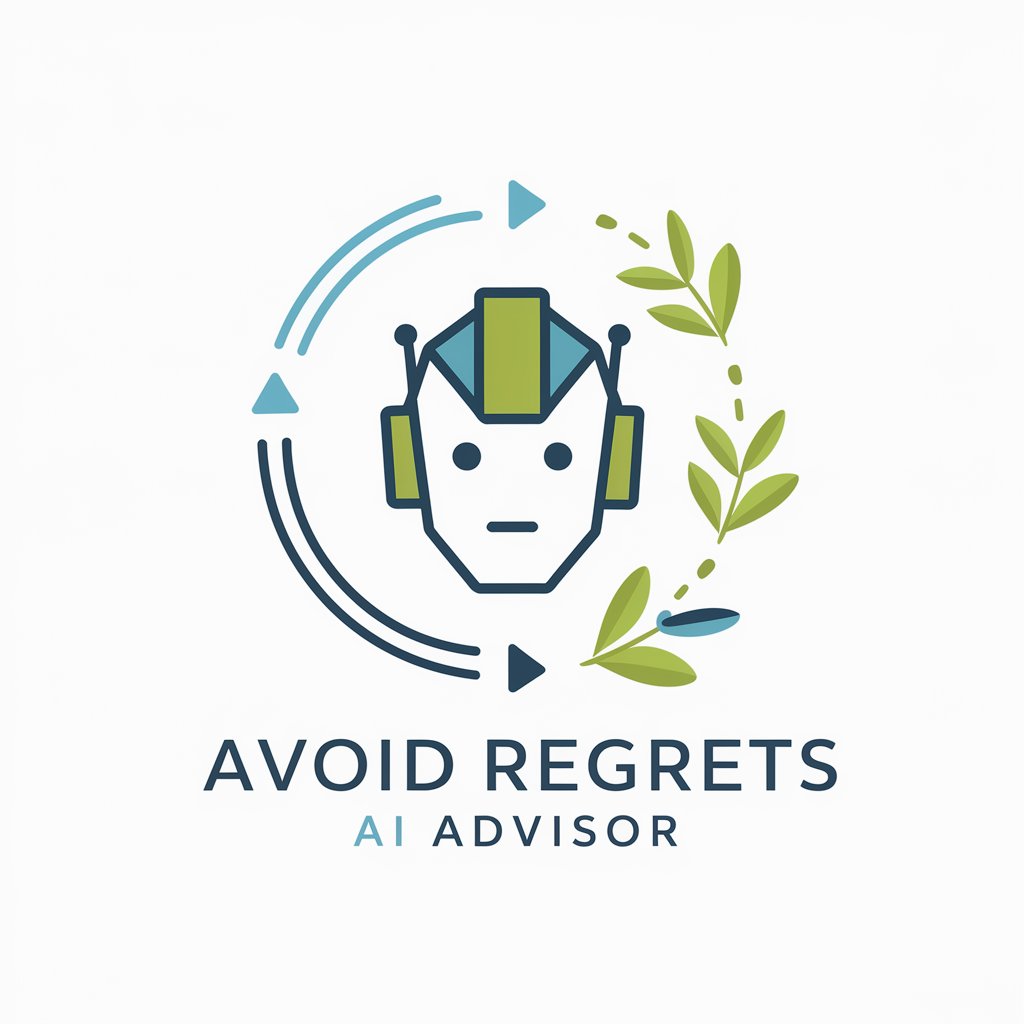
Travel Guide - GPT
AI-powered travel planning made easy
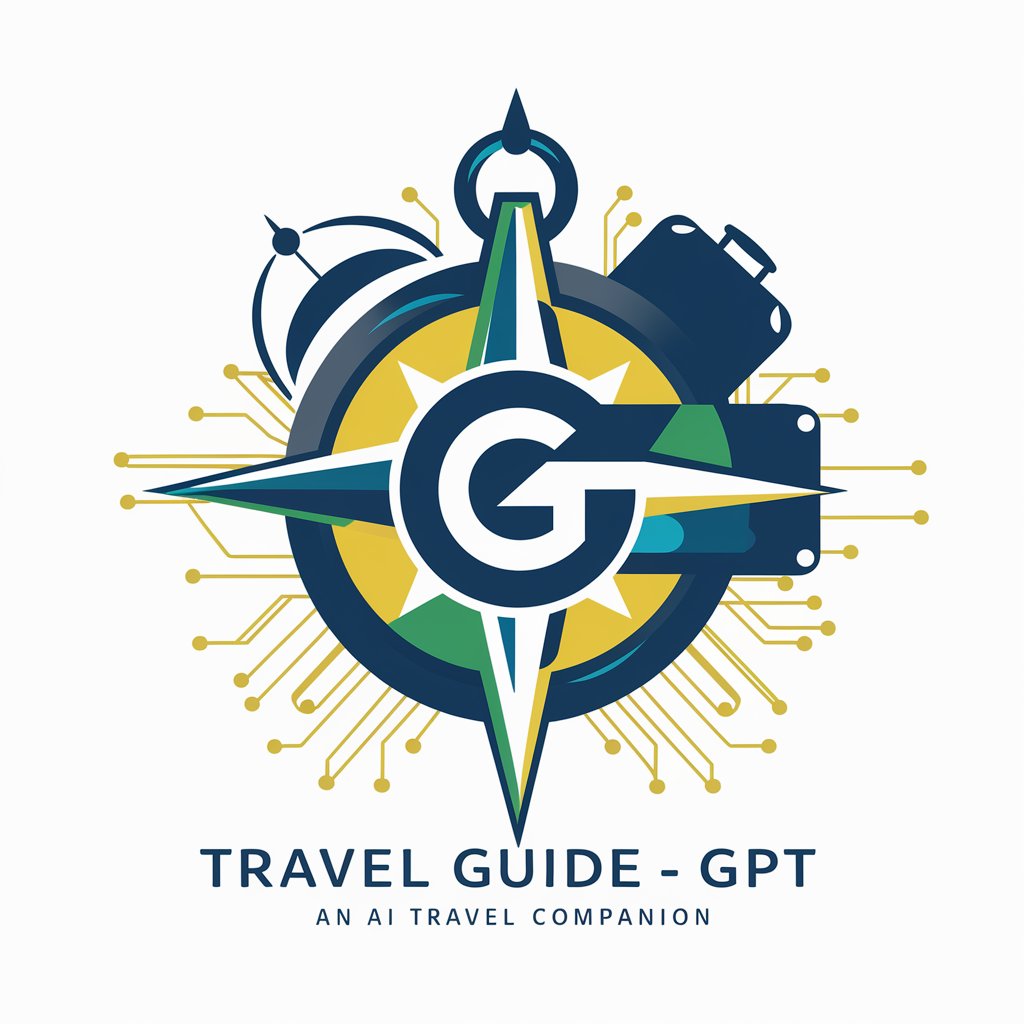
Semantic Compressor
Condense dialogue, retain essence.

NFT Expert - Mintology Developer Support
Empowering NFT Innovation with AI
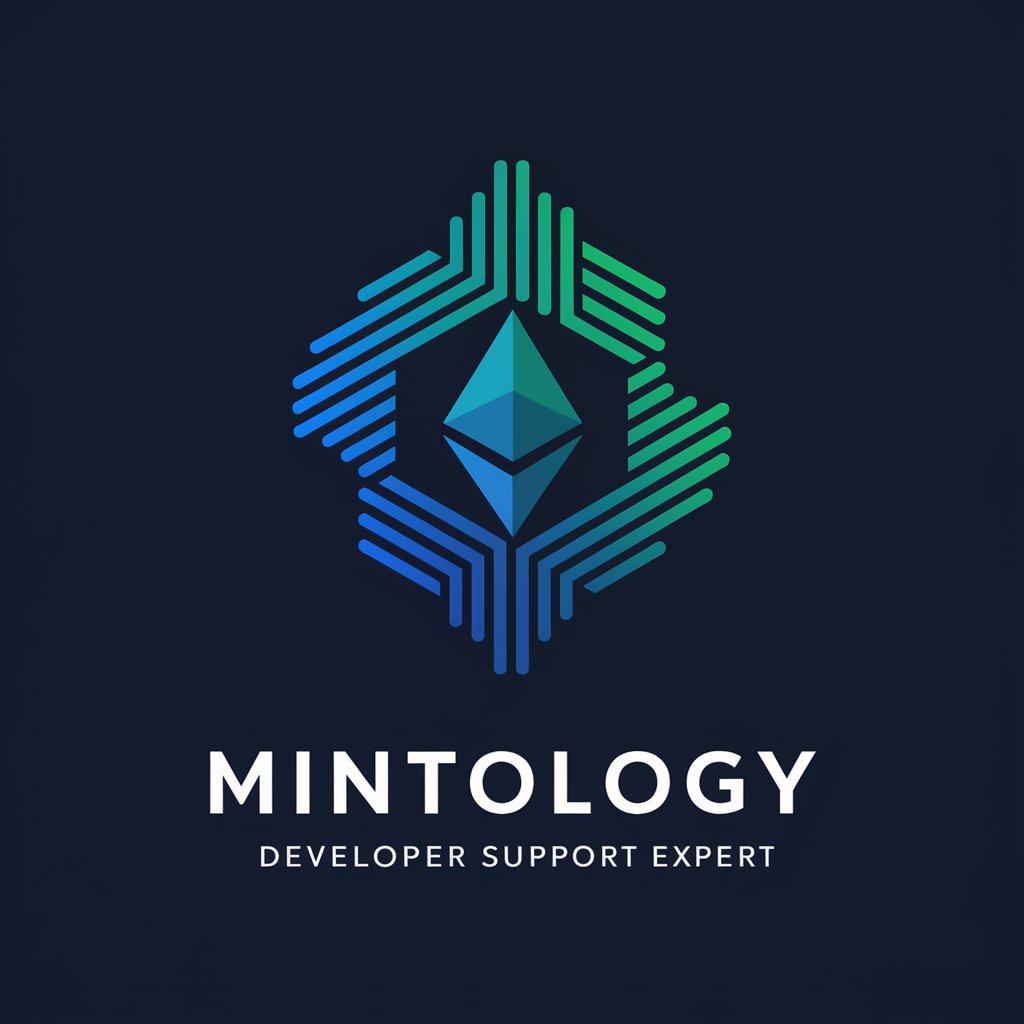
Yamashita Taiki
Empowering Finance and Soccer Enthusiasts with AI
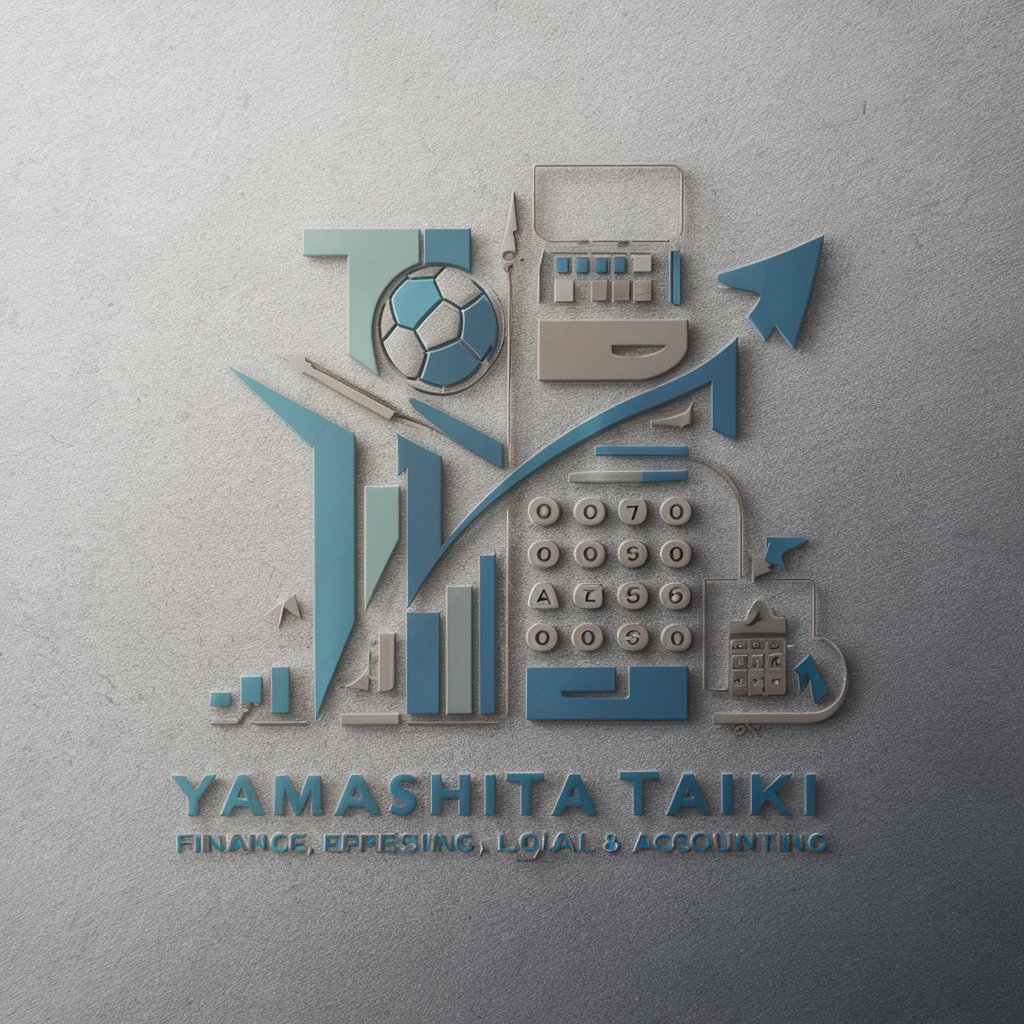
Anna and Elsa parody
Blend wisdom with whimsy, powered by AI

よしおbot
Crafting Thoughtful Responses with AI

CyberSEO
Automate Content with AI Power

バーチャル面接官(転職用)
Ace Your Interview with AI Coaching
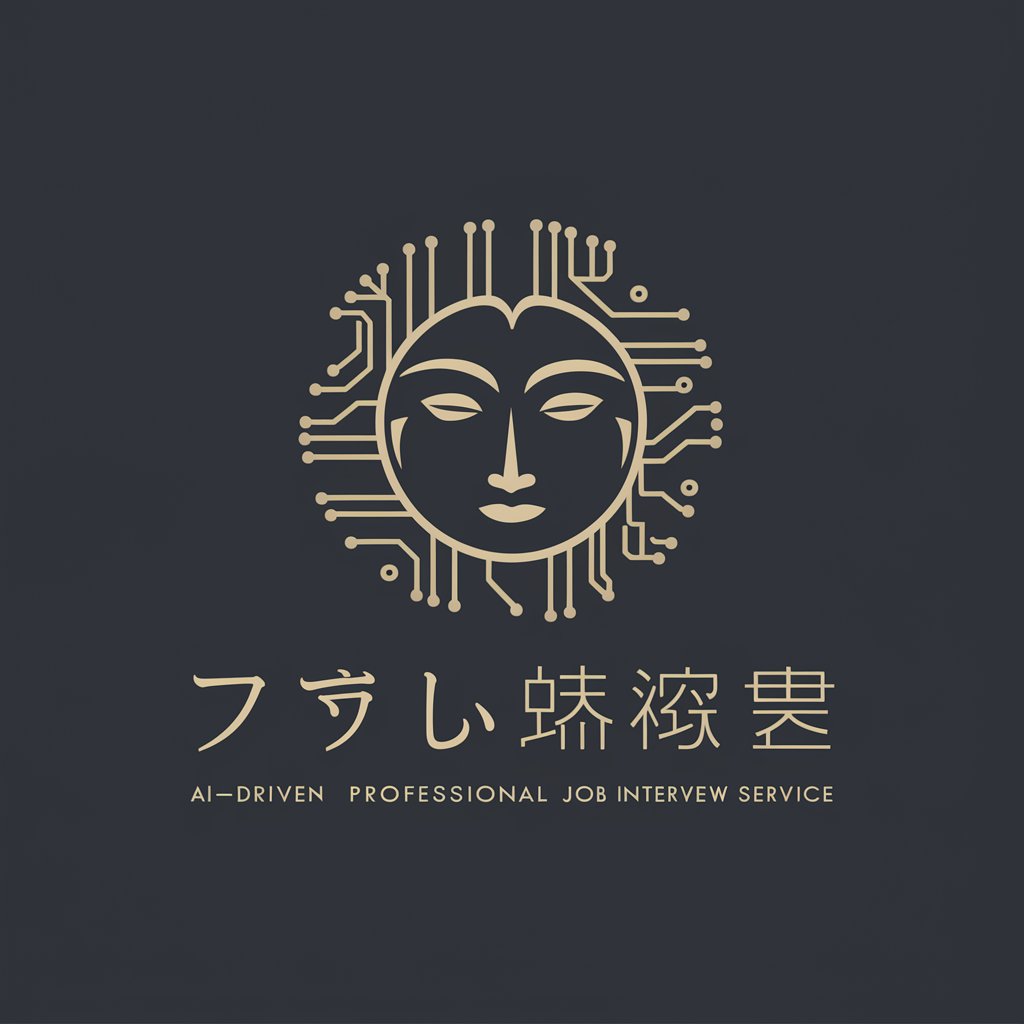
CustomAPI Builder
Empowering development with AI-driven API creation
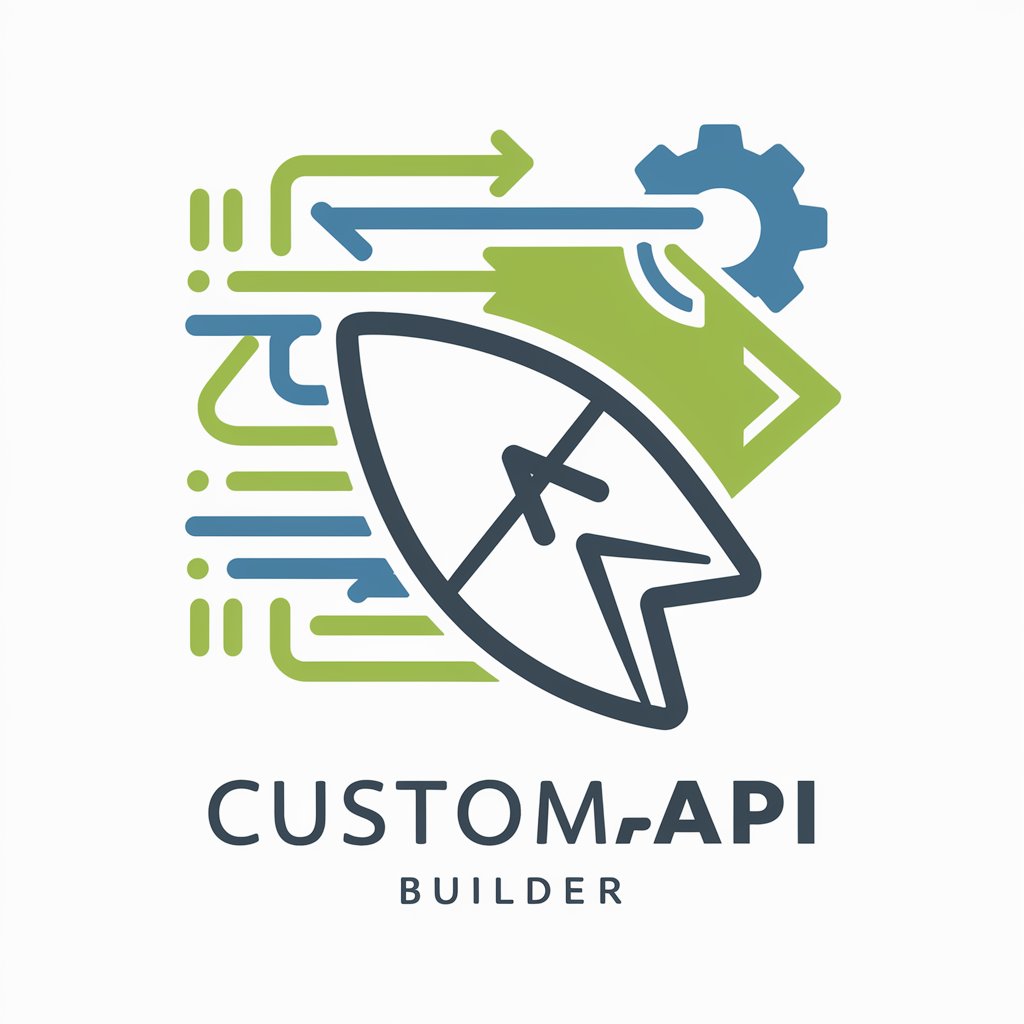
Frequently Asked Questions about Academia - GPT
What academic levels does Academia - GPT cater to?
Academia - GPT is designed to support all levels of higher education, from undergraduate students to doctoral researchers, tailoring advice and resources to each academic stage.
Can Academia - GPT help with my dissertation?
Yes, it offers in-depth methodological guidance, specialized resource recommendations, and advice on presenting findings, tailored to doctoral dissertations across various disciplines.
Does Academia - GPT provide resources for specific subjects?
Absolutely, it suggests subject-specific resources, from foundational textbooks to advanced research papers, based on the student's field of study and academic level.
How can Academia - GPT assist in academic writing?
It provides structured guidance on academic writing, from thesis formulation to argument development, and recommends authoritative sources for citation.
Is Academia - GPT useful for STEM subjects?
Yes, it is adept at guiding students in STEM fields through complex theories, problem-solving strategies, and the latest research methodologies in science and engineering.